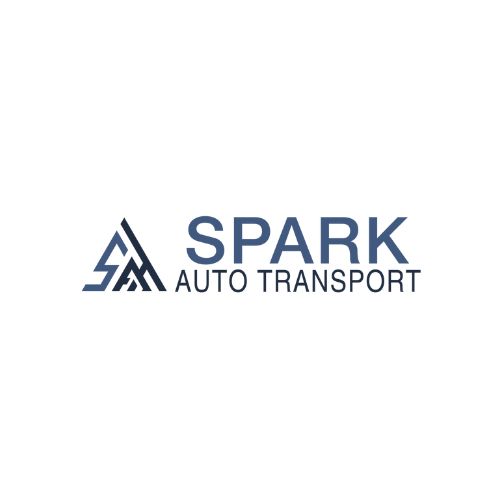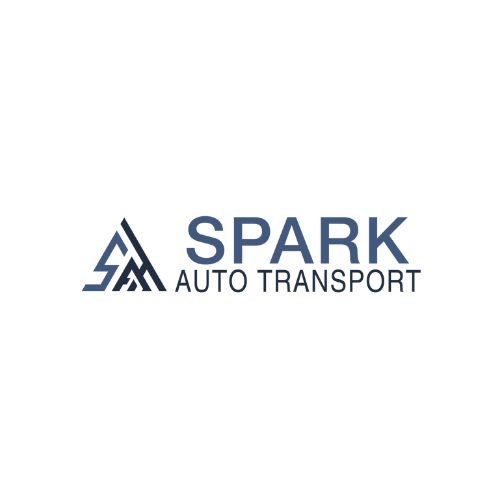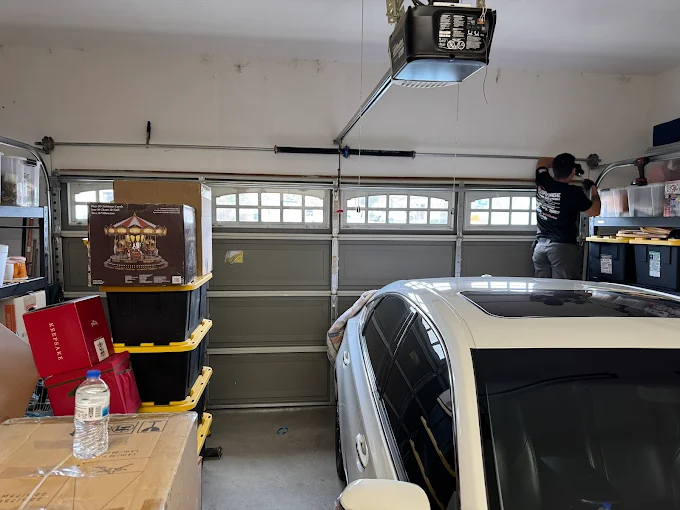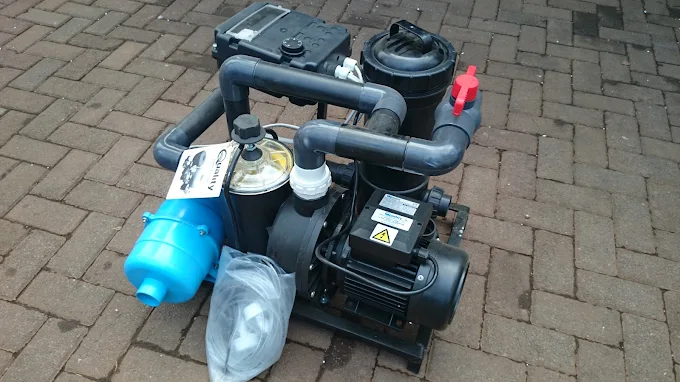
In today’s globalized business environment, corporate travel is indispensable. Whether it’s attending conferences, meeting clients, or exploring new markets, business travel facilitates growth and collaboration. However, managing corporate travel efficiently poses significant challenges, including cost control, policy compliance, and traveler safety. This is where Travel Technology Services come into play, offering solutions that streamline processes, enhance compliance, and improve the overall travel experience.
- 76% of companies cite cost control as their primary reason for adopting corporate travel management tools.
- 81% of travelers prefer self-service tools backed by corporate policies.
- Organizations that use end-to-end Travel Technology Services report a 23% higher compliance rate.
- 62% of CFOs say travel data helps improve overall budget accuracy.
- Automated travel and expense platforms can cut processing costs by up to 50%.
Understanding Corporate Travel Management
Corporate Travel Management (CTM) involves the planning, booking, and oversight of business travel activities. It encompasses:
- Booking Management: Coordinating flights, accommodations, and ground transportation.
- Policy Compliance: Ensuring travel adheres to company policies.
- Expense Management: Tracking and reimbursing travel-related expenses.
- Risk Management: Safeguarding travelers and responding to emergencies.
- Reporting and Analytics: Monitoring travel patterns and expenditures.
Effective CTM aims to balance cost-efficiency with traveler satisfaction and safety.
The Role of Travel Technology Services in Corporate Travel
Travel Technology Services refer to digital tools and platforms designed to automate and manage travel-related tasks. They serve as intermediaries between corporate travel needs and travel suppliers, ensuring streamlined communication, seamless booking, and better data control.
Key Functions:
- Centralized Booking: Unified platforms for booking flights, hotels, and transportation.
- Policy Enforcement: Automated checks to ensure compliance with travel policies.
- Expense Integration: Linking travel bookings with expense management systems.
- Real-Time Updates: Providing travelers with instant notifications on itinerary changes.
- Data Analytics: Offering insights into travel spending and patterns.
By integrating these functions, Travel Technology Services enhance efficiency and control in corporate travel management.
Core Features of Travel Technology Services for Corporate Use
1. Centralized Booking Platforms
- Unified Interface: Access to flights, hotels, and car rentals in one platform.
- Self-Service Options: Empowering employees to book within policy constraints.
- Negotiated Rates: Leveraging corporate discounts with preferred vendors.
2. Travel Policy Enforcement
- Automated Alerts: Notifications for policy violations during booking.
- Approval Workflows: Streamlining the approval process for exceptions.
- Customizable Policies: Tailoring rules based on employee roles and budgets.
3. Automated Expense Management
- Real-Time Tracking: Monitoring expenses as they occur.
- Mobile Receipt Uploads: Simplifying the submission of expense reports.
- Integration with ERP Systems: Ensuring seamless financial reporting.
4. Real-Time Travel Tracking and Duty of Care
- GPS Monitoring: Keeping tabs on traveler locations for safety.
- Emergency Communication Tools: Facilitating rapid response during crises.
- Compliance with Safety Regulations: Ensuring adherence to legal requirements.
5. Custom Reporting and Analytics
- Travel Spend Dashboards: Visualizing expenses across departments.
- Forecasting Tools: Predicting future travel needs and budgets.
- Vendor Performance Analysis: Assessing supplier reliability and cost-effectiveness.
Benefits of Travel Technology Services in Corporate Travel Management
1. Time and Cost Savings
- Reduced Manual Processes: Automating bookings and approvals.
- Optimized Vendor Contracts: Utilizing data to negotiate better rates.
- Minimized Errors: Ensuring accuracy in bookings and expense reporting.
2. Improved Employee Experience
- User-Friendly Interfaces: Simplifying the booking process.
- Mobile Access: Allowing on-the-go itinerary management.
- Faster Reimbursements: Streamlining expense approvals.
3. Greater Compliance and Control
- Policy Enforcement: Automatically flagging non-compliant bookings.
- Centralized Approvals: Enhancing oversight of travel decisions.
- Audit Trails: Maintaining records for accountability.
4. Data-Driven Decision Making
- Insightful Analytics: Identifying trends and areas for improvement.
- Budget Forecasting: Anticipating future travel expenditures.
- Performance Metrics: Evaluating the effectiveness of travel policies.
5. Environmental Responsibility
- Carbon Footprint Tracking: Monitoring environmental impact.
- Sustainable Travel Options: Encouraging eco-friendly choices.
- ESG Compliance: Aligning travel practices with corporate sustainability goals.
Key Technologies Powering Travel Technology Services
1. Artificial Intelligence (AI)
- Smart Assistants: Providing real-time support and recommendations.
- Predictive Analytics: Forecasting travel needs and costs.
- Automated Approvals: Streamlining decision-making processes.
2. Machine Learning (ML)
- Personalized Recommendations: Tailoring travel options to user preferences.
- Anomaly Detection: Identifying unusual spending patterns.
- Dynamic Pricing Analysis: Monitoring fare changes for optimal booking times.
3. Cloud Computing
- Scalability: Adapting to changing organizational needs.
- Accessibility: Enabling remote access to travel platforms.
- Data Security: Ensuring the protection of sensitive information.
4. Mobile Applications
- On-the-Go Management: Allowing travelers to manage itineraries from smartphones.
- Push Notifications: Alerting users to changes or emergencies.
- Offline Access: Providing information without internet connectivity.
5. Blockchain (Emerging)
- Secure Transactions: Enhancing the integrity of bookings and payments.
- Transparent Records: Maintaining immutable travel histories.
- Fraud Prevention: Reducing the risk of unauthorized activities.
How to Implement Travel Technology Services in Your Organization
Step-by-Step Process:
- Assess Current Travel Management Gaps: Identify inefficiencies, such as policy breaches or poor cost tracking.
- Set Objectives and KPIs: Define success metrics—e.g., reduced travel spend, faster reimbursements, improved compliance.
- Choose the Right Vendor: Evaluate vendors offering comprehensive Travel Technology Services with enterprise-grade security.
- Integrate with Existing Systems: Ensure compatibility with accounting, HR, and ERP systems.
- Train Employees and Stakeholders: Offer onboarding sessions, user guides, and 24/7 support.
- Monitor and Optimize: Regularly evaluate metrics to refine policies and systems.
Challenges in Corporate Travel Management & How Technology Solves Them
| Challenge | Solution via Travel Technology Services |
| Policy non-compliance | Automated policy enforcement and alerts |
| High travel spend | Real-time data analytics and vendor optimization |
| Inefficient approvals | Configurable workflow automation |
| Lack of travel visibility | GPS tracking and centralized dashboards |
| Manual expense processes | Digital expense tracking with mobile apps |
Conclusion
Corporate travel is no longer just about moving from point A to point B. It requires an orchestrated approach that balances cost-efficiency, employee satisfaction, compliance, and safety. Travel Technology Services play a pivotal role in modernizing and streamlining this process.
By integrating advanced technologies with strategic policy enforcement, companies can gain full control over their travel operations, reduce administrative burdens, and unlock real-time insights. The future of business travel is not only digital but also data-driven — and travel technology services are the driving force behind this transformation.
FAQs
1. What are Travel Technology Services?
Travel Technology Services refer to digital tools and systems that automate, manage, and optimize travel-related processes such as booking, expense tracking, and compliance enforcement.
2. Why do companies need Travel Technology Services?
They streamline booking processes, reduce travel costs, enforce policies, and improve employee experiences through automation and data insights.
3. Can small businesses benefit from Travel Technology Services?
Yes. Scalable platforms are available that cater to startups and SMEs, offering significant ROI without the need for large travel teams.
4. Are these services customizable?
Most enterprise-grade travel platforms allow full customization, including workflows, policies, and integrations with internal systems.
5. Is implementation complex?
While it requires planning and training, most vendors offer support throughout the implementation process, making the transition seamless.






